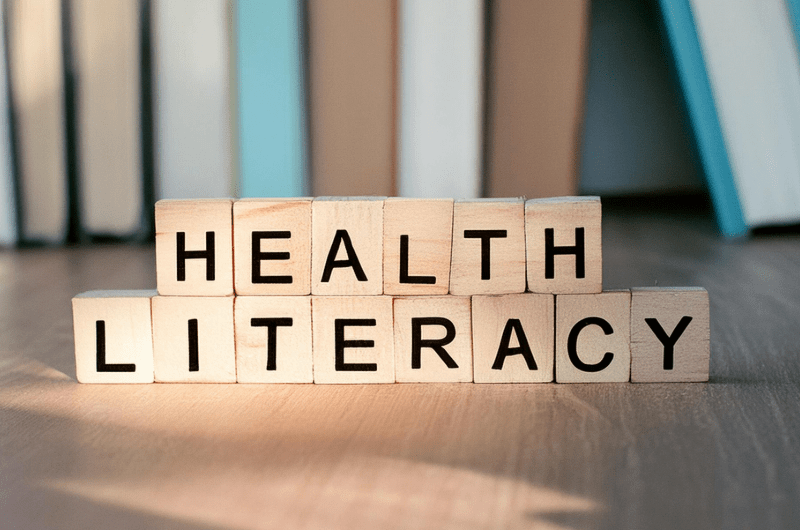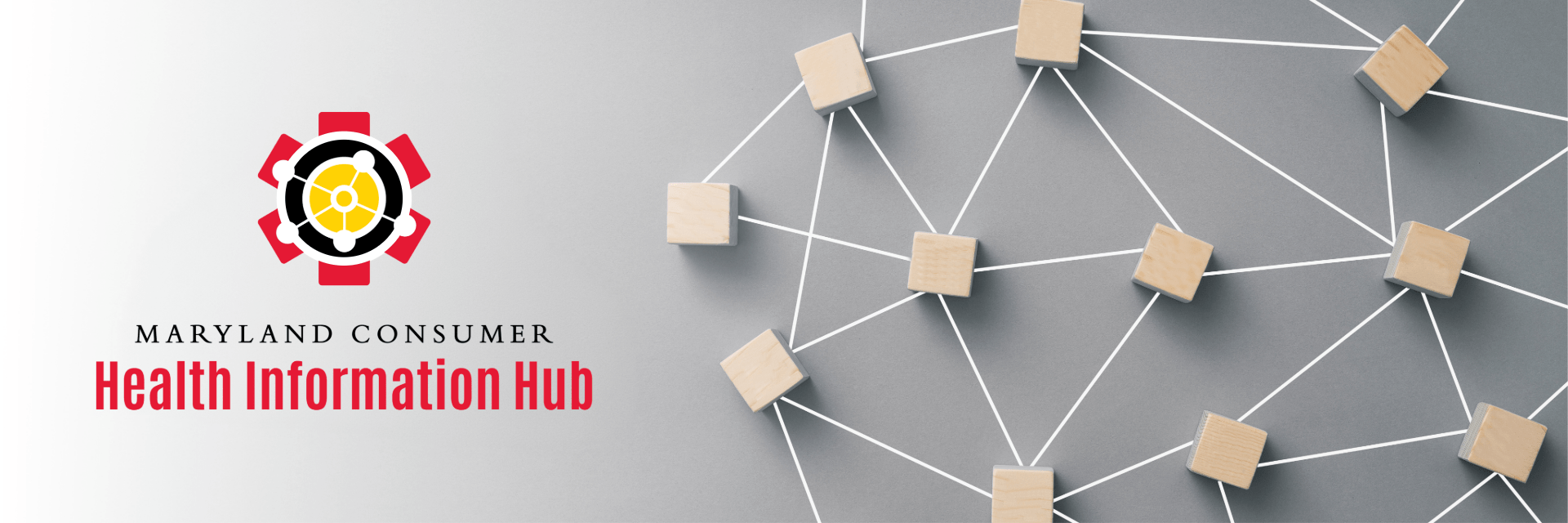Download our essential tools: the Maryland Plain Language Checklist and our Web Content Review Tool. New to health literacy? Start with the basics.
Welcome to the Maryland Hub!
We all want to help our communities make well-informed and confident decisions about their health. The Hub shares the most relevant and up-to-date tools, resources, and information to help us communicate effectively.
What is the Hub?
The Hub is a network of organizations and people increasing plain language and language access for health, safety, insurance, and social services information in Maryland. The 2022 Maryland law that created the Hub and designated the Horowitz Center for Health Literacy as the Hub organizer shows how to use policy change as a health literacy improvement tool. Read the full text of the law.
Explore Resources and Tools

Find webinars, workshops, and in-person events here.

Find resources to assess and revise your content.

Consider language and cultural needs and preferences.

Start here if you're new to health literacy!

Make your web content clear, accessible, and actionable.
Make your content accessible for people with varying abilities.

Explore the Hub's goals and how we're evaluating our progress.

Put health literacy concepts into action and policies.
Marylanders will soon have a new and reliable ‘hub’ for accessing consumer health information
July 8, 2022 - Published in the Baltimore Sun
Dean Boris Lushniak wrote a commentary the passing of HB1082 in which he discussed the impacts of the bill on the Center's work addressing health literacy concerns in Maryland.
New Law Makes UMD’s Horowitz Center for Health Literacy a Statewide Health Information Hub
June 16, 2022 - Published in UMD SPH's News Feed
This article describes the scope and purpose of the law created by HB1082. Center director Dr. Cynthia Baur and health policy expert Leni Preston are quoted speaking to the importance and innovativeness of the new law.
Opinion: Health Literacy – This Is Personal
March 16, 2022 - Published in Maryland Matters
Independent health policy expert Leni Preston wrote this op-ed prior to the passage of HB1082 about the need for the bill. She spoke to the system-wide challenges of navigating the healthcare system and her personal experiences managing her care.
Maryland Bill Aims to Make Center for Health Literacy the State's Consumer Health Information Hub
March 7th, 2022 - Published in UMD SPH's News Feed
This article, written before the passage of the bill, explains the need for a consumer health information hub. Dr. Baur and Dr. Mariam Assi, a legislative staff member of Delegate Joseline Peña-Melnyk, speak to the ubiquity of health literacy in all health matters, the intended health equity impacts of the bill, and the necessity of a systems-level approach to tackling health literacy issues.
